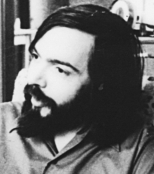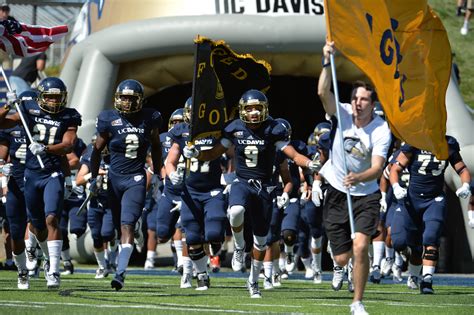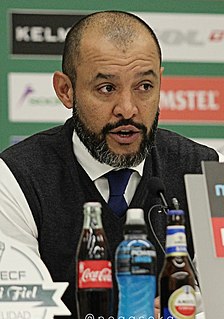A Quote by Jack Reynor
I've always been a big fan of Philip K. Dick; I love his work. There's a returning theme of identity and the fragility of our identity. Even when we are looking at what we think is a stark reality, it might actually be something completely different.
Related Quotes
The identity of just one thing, the "clash of civilization" view that you're a Muslim or a Hindu or a Buddhist or a Christian, I think that's such a limited way of seeing humanity, and schools have the opportunity to bring out the fact that we have hundreds of identities. We have our national identity. We have our cultural identity, linguistic identity, religious identity. Yes, cultural identity, professional identity, all kinds of ways.
J. G. Ballard is just an example of the writers I like. Philip K. Dick is obviously one of them. I'm a big fan of William Gibson as well. He started cyberpunk with 'Neuromancer.' I've come to know him a little bit over Twitter, of all places, and I was always a huge fan of his. It's very cool to know he even knows I exist.
Ever since I was a child, I always had insecurity or suspicions about my own personal identity. That's why I started going to a lot of movie theaters, because I felt more comfortable there than at school. Now, the search for a personal identity is becoming a common topic for young Japanese people, and it's a big theme in their own lives. But it's been a theme in my life, as well, ever since I was young.
Why would one's identity be a matter of feelings? I think that that's a misuse of terms, philosophically. Identity is mind independent. It's something that is objective, regardless of how you feel. So, the term gender identity seems to me to be something of an oxymoron. It's not really about one's identity. It's rather a matter of one's self-perception or one's feelings about oneself.
I think our culture right now is a culture that's trying to find itself. They're trying to figure out what is it? Is it social media followers? Is it trying to be popular? Is it money? Is it fame? Is it power? They're searching for identity and so many of us have been there, and we'll get back to that place of what is our identity? Who are we? More importantly, whose are we? For me, I find my identity in a relationship with Christ.
When it comes to identity, that was an issue that plagued me for a lot of my life. It's something that I wanted to tap into. Film can really take you to other places, and sometimes that's necessary to understand your own identity or someone else's identity or just the issue of identity, in general. It takes you. It's borderless. It's boundless. It's universal.
I think being biracial is a different experience. I think that, and coming from the U.K., I feel as much white as I do black. And so it's really important for me to address these issues of identity in my work. But also, you know, we're always stronger when we work on, you know, what we have in common. And I love exploring that in my work.
What does it mean to be an American today? The question of that is always pointing at now. It allows someone to say what lens that will be through. A lot of my work has been about identity in different ways. Part of that for me falls into the question of gender identity certainly but also about what it means to be an American theater artist.
If you embrace a project that will require time and patience, then you need something to work on. So the first step of the project is to create an identity. If you don't have an identity, then today you want this player and tomorrow another one. If you have an idea and a shape, then this is how you develop an identity.
The whole point is to take from our native culture and from contemporary culture without using one art form to mimic the other, so that our native identity remains the native identity, the contemporary identity remains the contemporary identity, and the mixing of these two musical identities creates a third musical identity.




































